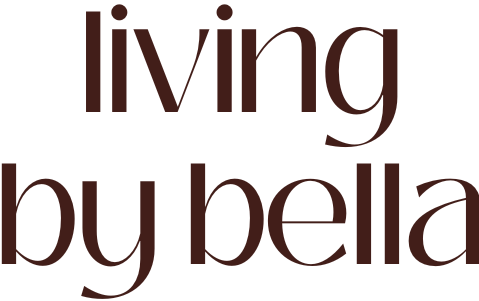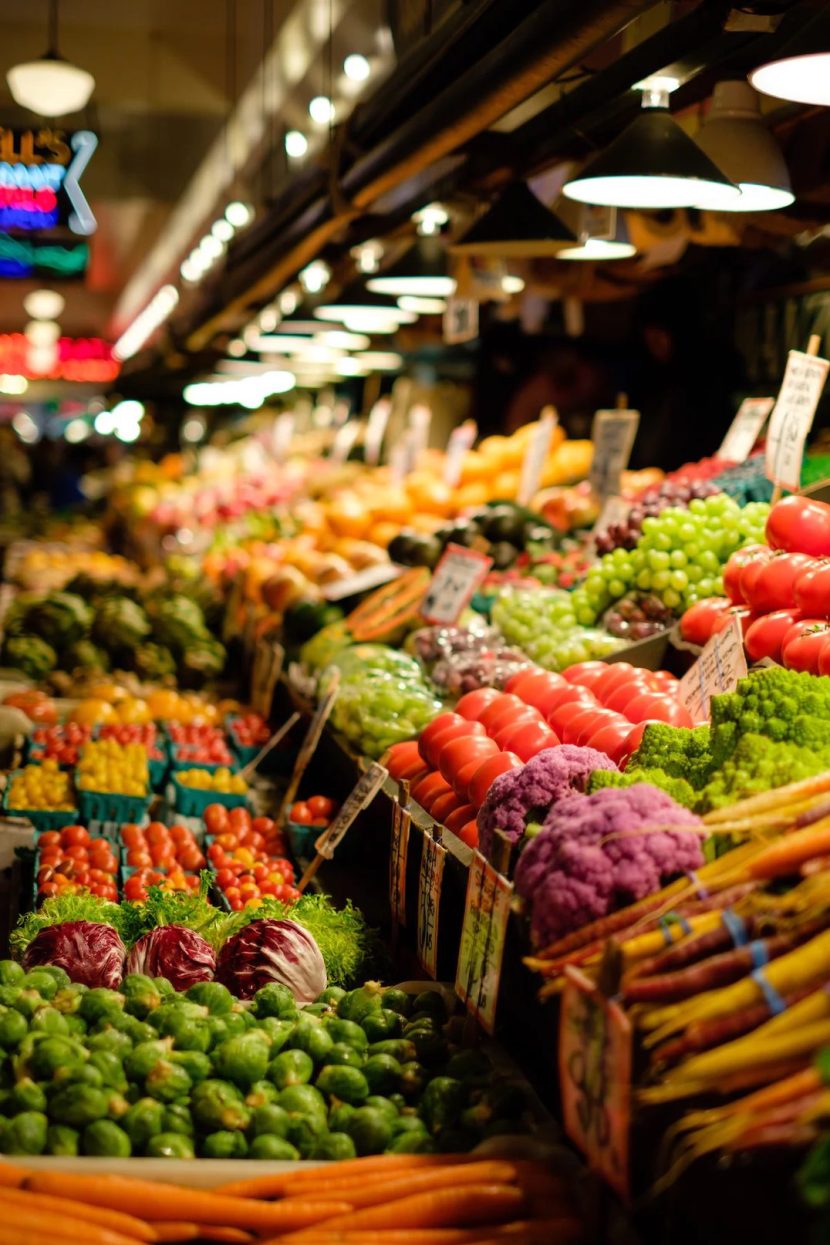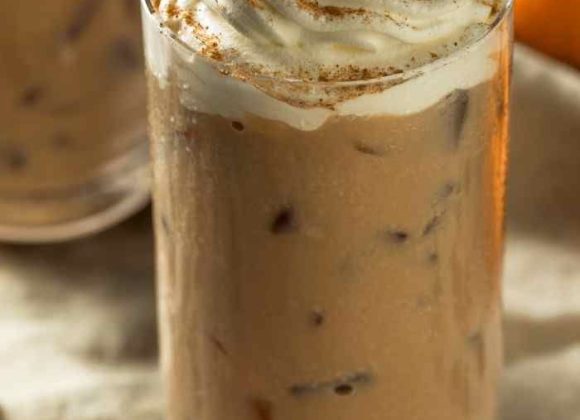We’re giving you a quick rundown of sustainable, healthy alternatives to your weekly grocery list:
Grains and Carbs:
- Quinoa: A protein-packed alternative to rice.
- Cauliflower Rice: A low-carb substitute for traditional rice.
- Whole Wheat Pasta: A higher-fiber option to traditional pasta.
Proteins:
- Plant-Based Protein: Incorporate lentils, chickpeas, and tofu as alternatives to meat.
- Fish: Choose locally sourced, a more sustainable option.
- Grass-Fed Beef: If you prefer meat, opt for grass-fed beef.
Dairy:
Almond Milk: A popular dairy milk alternative.
Snacks:
- Nuts and Seeds: Almonds, walnuts, and chia seeds are great alternatives to your average chips and crackers.
- Whole-Grain Popcorn: A whole-grain, low-calorie alternative to buttered popcorn.
Cooking Oils:
- Olive Oil: A heart-healthy oil for cooking.
- Avocado Oil: Suitable for higher heat cooking.
Fruits and Vegetables:
- Local Produce: Support local farmers and buy some fresh produce.
- Organic Options: Opt for organic fruits and vegetables when possible to reduce exposure to pesticides.
Beverages:
- Herbal Teas: Try caffeine-free options like chamomile, peppermint, and hibiscus.
- Sparkling Water: Opt for sparkling water instead of sugary sodas.
Start small, experiment with new flavors, and enjoy the journey to a healthier and more sustainable lifestyle.







